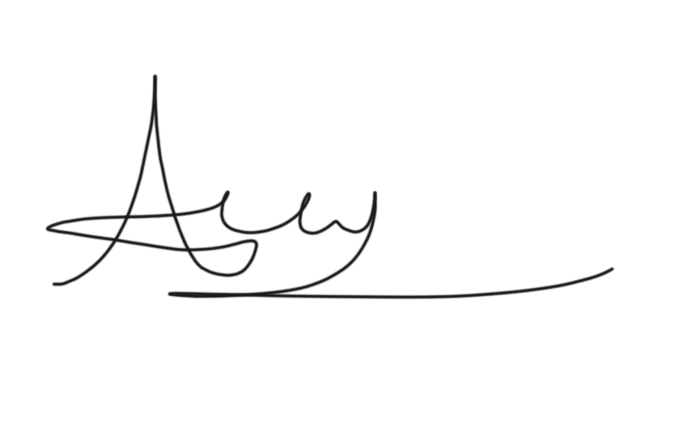The future of filmmaking is being shaped by advancements in Artificial Intelligence (AI) technology. From scriptwriting to post-production, AI is revolutionizing cinema in ways never seen before. This blog article will delve into the impact of AI on filmmaking, exploring how this technology is changing the industry and what it means for the future of cinema.
Article Outline:
- Introduction
- Scriptwriting with AI
- Pre-Production and Casting
- Production and Filming
- Post-Production and Editing
- Distribution and Marketing
Scriptwriting with AI:
AI is transforming the way scripts are created in Hollywood and beyond. By analyzing vast amounts of data from successful films, AI can help writers generate new ideas, develop characters, and even predict box office success. Some benefits of using AI in scriptwriting include:
- Enhanced creativity: AI can suggest innovative plot twists and character arcs that may not have been considered by human writers.
- Efficiency: AI can speed up the scriptwriting process by offering automated suggestions and edits.
- Personalization: AI can tailor scripts to specific audiences based on demographic data and viewer preferences.
Pre-Production and Casting:
AI is also being used in pre-production to streamline casting decisions and optimize filming schedules. By analyzing actors’ performances and audience reactions, AI can help filmmakers make informed casting choices and predict potential box office success. Some ways AI is changing pre-production include:
- Automated audition analysis: AI can analyze actors’ performances during auditions to determine their suitability for particular roles.
- Optimized scheduling: AI can help filmmakers create efficient filming schedules by predicting the best times and locations for shooting.
- Targeted marketing: AI can assist in identifying target audiences and tailoring marketing campaigns to reach the right viewers.
Production and Filming:
AI technologies are now being used on set to enhance filming techniques and streamline the production process. From camera drones to virtual sets, AI is revolutionizing the way films are made. Some examples of AI in production include:
- Camera tracking: AI-powered camera systems can automatically follow actors’ movements and adjust framing to capture the best shots.
- Virtual sets: AI can create realistic virtual environments for actors to interact with, reducing the need for physical sets and locations.
- Motion capture: AI can analyze actors’ movements to create realistic CGI characters and special effects.
Post-Production and Editing:
AI is revolutionizing the post-production process by automating tasks such as editing, color correction, and sound design. By analyzing film footage and audience feedback, AI can help filmmakers create more engaging and visually stunning films. Some ways AI is enhancing post-production include:
- Automated editing: AI can suggest cuts, transitions, and effects to enhance the pacing and visual appeal of a film.
- Color grading: AI can analyze film footage to optimize color correction and enhance visual aesthetics.
- Sound design: AI can assist in creating realistic sound effects and music scores to enhance the overall viewing experience.
Distribution and Marketing:
AI is transforming film distribution and marketing by analyzing audience behavior and preferences to optimize content delivery and promotional strategies. By leveraging AI algorithms, filmmakers can reach target audiences more effectively and maximize their films’ exposure. Some benefits of using AI in distribution and marketing include:
- Audience targeting: AI can analyze viewer data to identify target audiences and tailor marketing campaigns accordingly.
- Content optimization: AI can recommend personalized content to viewers based on their viewing history and preferences.
- Performance tracking: AI can analyze marketing campaigns to assess their effectiveness and make data-driven decisions for future releases.


